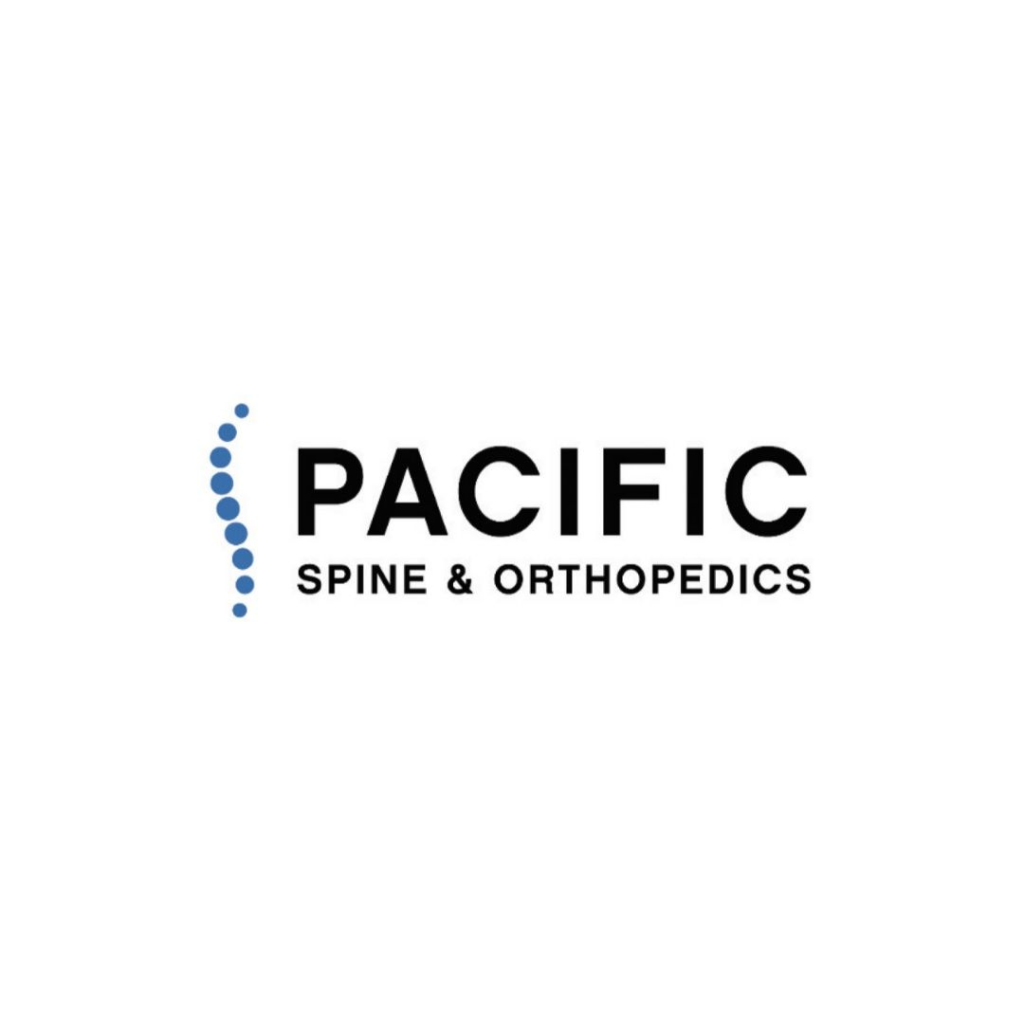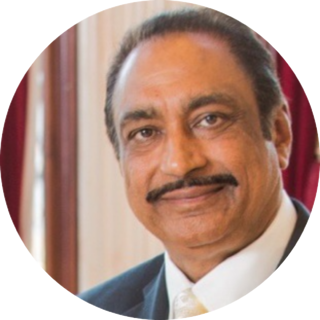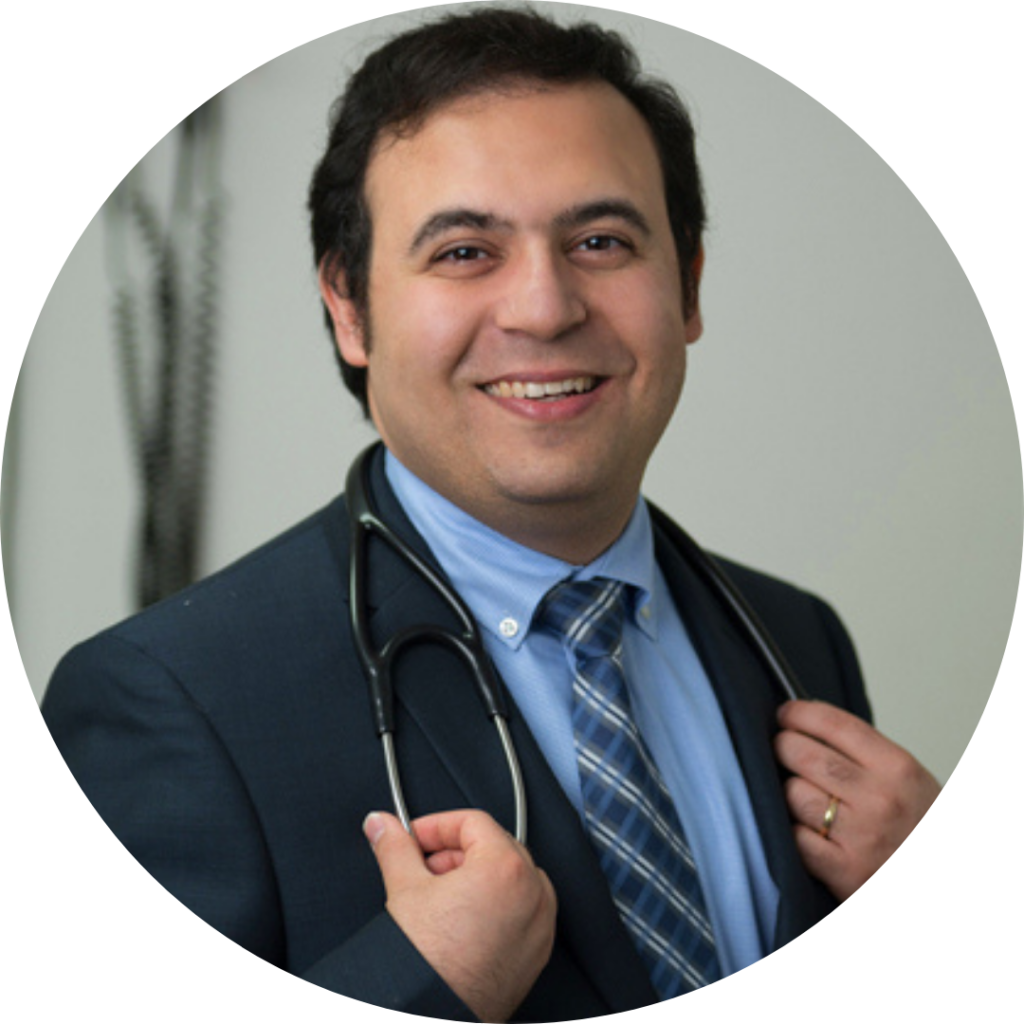March is National Brain Injury Awareness Month

Please join Power Liens in recognizing National Brain Injury Awareness Month, which allows us to highlight the importance of preventing traumatic brain injuries (TBI) and promoting strategies to improve the quality of life for those living with a TBI and their families. TBI’s are often an invisible injury, but we know the substantial toll it takes on its victim’s life. It’s important to understand how various specialists can help patients reach their fullest recovery. ⠀
Neurologists diagnose, treat, and manage diseases and disorders of the nervous system. They use tools such as brain scans, genetic testing, cerebrospinal fluid analysis and blood tests to diagnose and manage these conditions. Neurologists can also prescribe medicine, order rehabilitation and refer patients to other specialists. However, they do not perform brain or spinal cord surgery.
Victims of TBI may also receive support from neuropsychologists, who address cognitive and emotional issues by administering tests that help clarify how an injury has altered the brain’s ability to process information and explain specific changes in behavior. Many invisible symptoms of TBI –such as irritability, depression impulsiveness – may not manifest until an individual returns home. The therapeutic approach, in tandem with cognitive exercises, helps to address each individual’s unique clinical picture by pinpointing their specific physical, cognitive and behavioral challenges, as well as any other aspects of the clinical picture that may complicate treatment efforts.
Ensuring patients receive the proper diagnostic tests following a TBI is also essential in determining the appropriate care and recovery. Electromyography (EMG) and Nerve Conduction Velocity (NCV) assessments are considered valuable tools used by neurologists and their teams to assess possible nerve and muscle damage due to genetic, chemical or physical causes.
An EMG measures a muscle’s response to nerve stimulation, while the NCV measures the health of the nerves themselves. When performed in tandem, the overall accuracy of the tests can be multiplied and may be used along with other important health information to make a neuromuscular diagnosis.
Common symptoms for muscle and nerve damage include difficulty moving or increased pain with movement, along with weakness, soreness, numbness, bruising, prickling or tingling sensations, twitching and paralysis. It is often recommended that accident victims with these symptoms obtain an EMG and NCV as soon as possible.
Power Liens is fortunate during Brain Injury Awareness Month, and throughout the year, to work with some of California’s best doctors treating traumatic brain injuries. Please see below for some of the quality providers available to serve you and your clients:

EMG | NCV
Unlimited
EMG & NCV Testing

Statewide

Pacific Spine &
Orthopedics
Multi-Specialty

Multi-Location

Dr. Bal Grewal
Neuropsychology | Psychology

Lancaster | Los Angeles | Panorama City

Neurology & Cognitive
Neuroscience Institute
Neurologist

Huntington Beach | Los Angeles

Neurologist | EMG & NCV Testing

San Jose

Private Profile
Neuropsychology

Carlsbad
